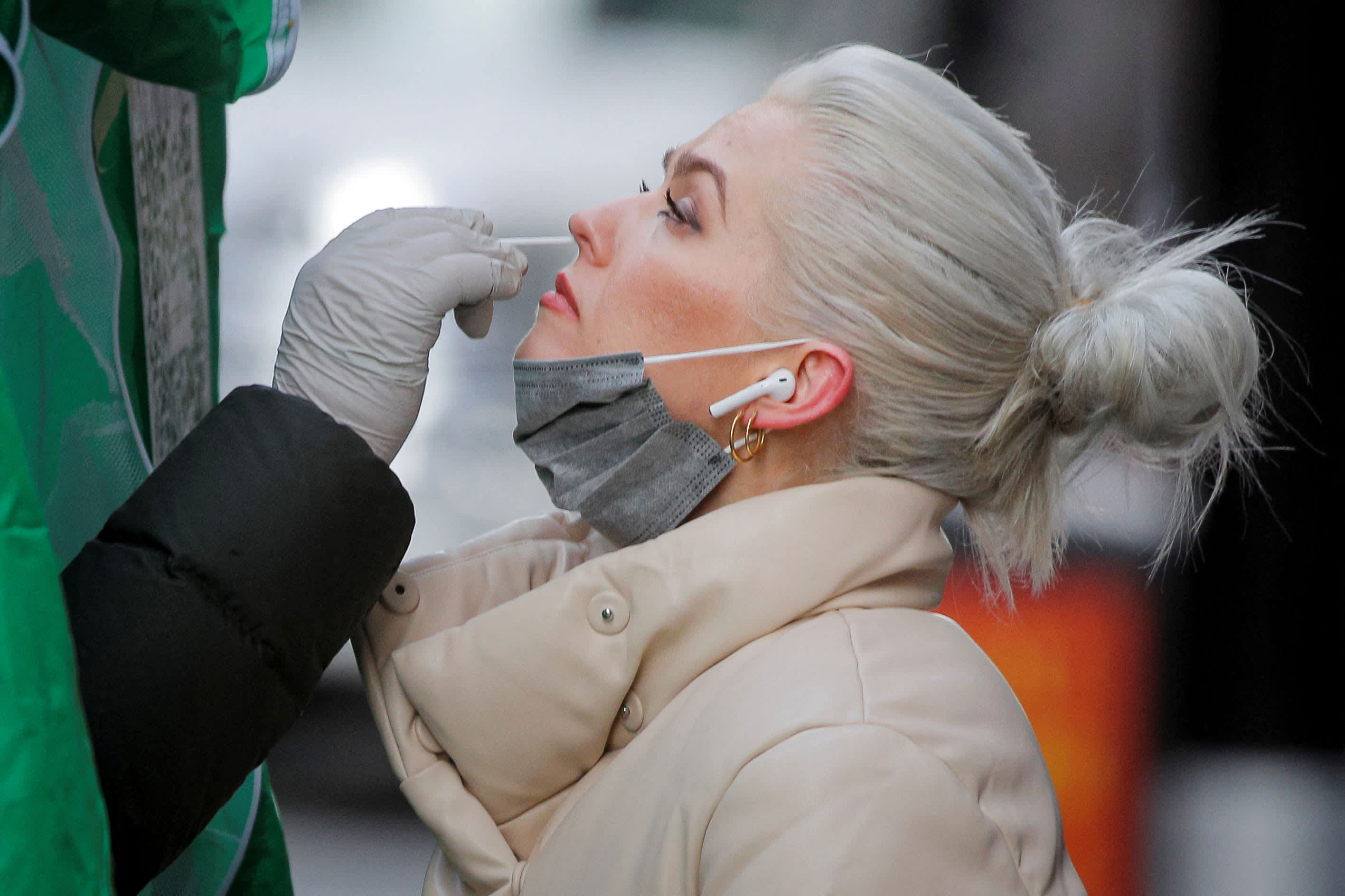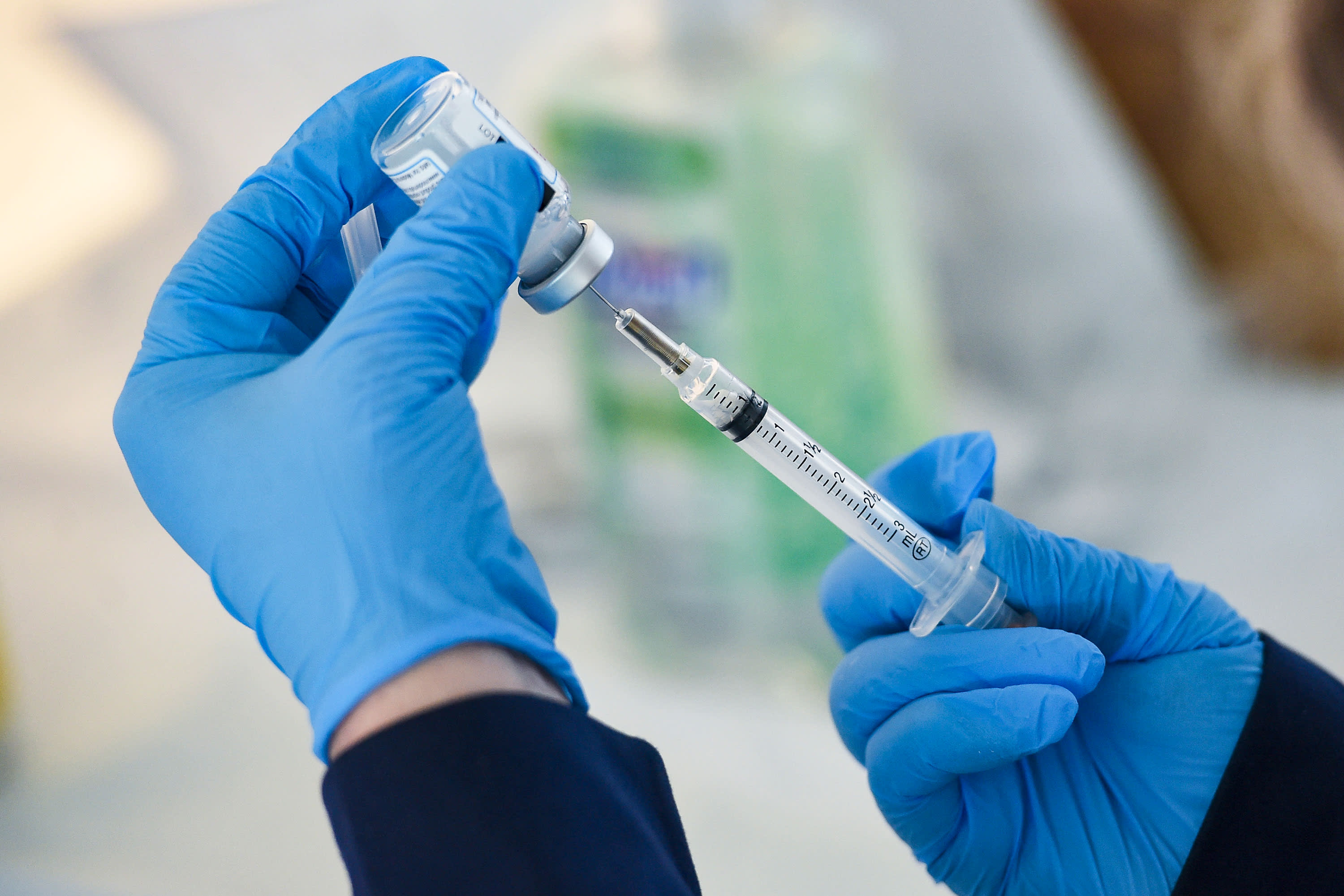The days are getting warmer, people are enjoying the outdoors, and COVID-19 cases and hospitalizations are low.
For Kevin McPartland, who is training for the Boston Marathon in a few weeks, it feels like the home stretch of the pandemic.
WATCH ANYTIME FOR FREE
Stream NBC10 Boston news for free, 24/7, wherever you are. |
"It kind of makes me feel a lot more comfortable kind of taking on things and going out to new events," he said.
It's a new normal for Brookline resident Natalie Quirk.
Get updates on what's happening in Boston to your inbox. Sign up for our News Headlines newsletter.
"COVID itself maybe will just start to feel less scary and more just like a seasonal thing that goes around like the flu," she said. "Hopefully, assuming every variant is less severe than the last."
The new BA.2 variant, a subvariant of omicron, has taken over as the dominant strain of COVID-19 worldwide, with Western Europe experiencing a wave that experts in Massachusetts say will eventually reach us.
"We're not in a problematic place yet, but it's easy to get to a problematic place quickly," warned Boston University Environmental Health Professor John Levy.
BA.2 already accounts for 73% of COVID cases in New England, according to the CDC.
Levy has been keeping an eye on state wastewater data to stay ahead of the curve, noting Essex County, Middlesex County and Suffolk County are seeing a surge in COVID-19.
The data is a good predictor of what's to come in the next week or two, said Dr. Paul Sax at Brigham and Women's Hospital.
"We know that the pace of the increase [in infections] so far is much slower than it was in December when Omicron really took off," said Sax.
Part of that peace of mind is knowing there are tools — such as masks, testing and vaccines — that, paired with growing herd immunity, prepares us for what comes next, argued Massachusetts General Hospital Infectious Disease Clinician Dr. Mark Siedner.
"I think we're really shifting from this idea that we're waiting for this pandemic to end, to saying we have these tremendously effective safety measures — we have vaccines, there are medicines that are actually very effective now to treat COVID early in the disease — so let's use all those tools at our disposal and make that our new normal," he said.
Experts say we may have to think of COVID-19 booster vaccines the same way we think of the flu shot.
"Those kind of tools allow for us to kind of keep living and socializing and having an exciting life, even with the potential new variant or wave," added McPartland.
The FDA approved second booster shots of Pfizer's and Moderna's COVID vaccines for adults ages 50 and up.
Siedner hopes the agency will soon start recommending future COVID shots not as boosters, but as seasonal shots taken every so many months — a move he says will help normalize life with COVID.



